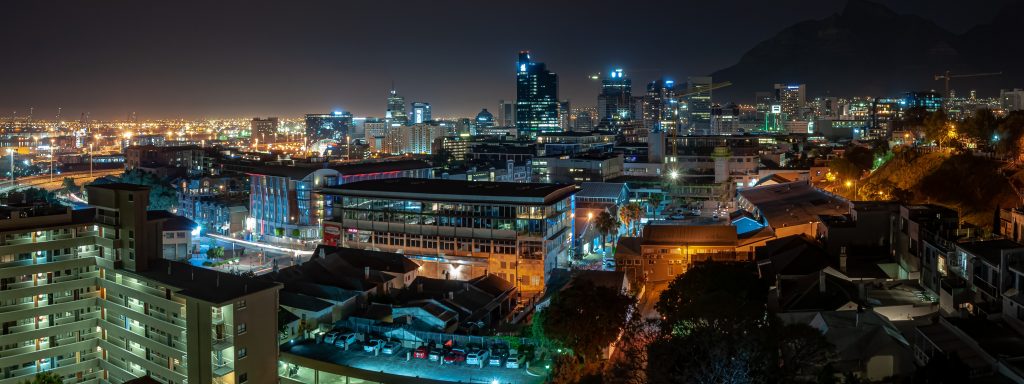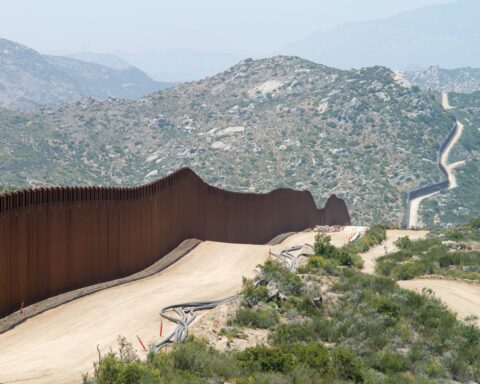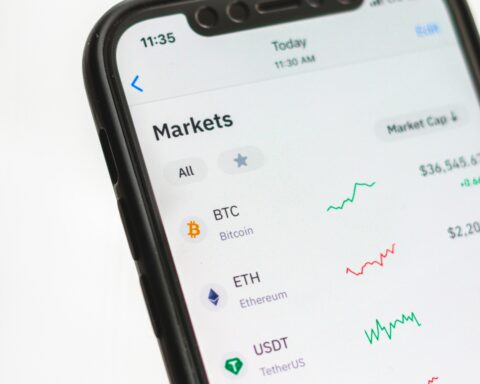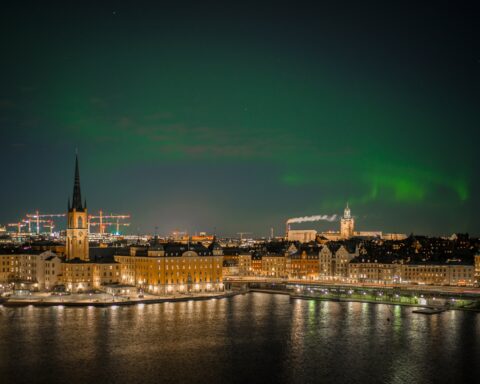
AFRICA. Globalization is the integration, interconnectedness and interaction among people, governments and organizations but also an economic, political and policy tool for influence, diplomacy and power. Packaged with a neoliberal structure, it moves along with supranational and international institutions to influence engagements across borders. Globalization is marked by innovations in transportation, telecommunication and information with checks and balances from international laws, conventions and protocols.
This article was originally published by Evans Tetteh via think-tank ILAPI
Globalization arguably emerged with the primordial human migration and contiguity, an assertion with the certitude that globalization has undergone various stages with varied pace depending on political and economic circumstances at certain periods.
Nonetheless, the modern wave of globalization that commenced soon after the Cold War exhibits unprecedented features and cutting-edge innovations as in internet, technology and media facilitating connectivity among peoples, cities and nations alike with high speed and precision.
Broadly speaking, globalization is impacting on development for both developed and developing regions of which Africa is of no exception, benefitting from certain aspects. That said, observers express worry regarding the inability of globalization to redistribute wealth and power accordingly.
Recently more worrying are issues relating to Brexit, policies of protectionism and the Coronavirus pandemic posing challenges to globalization in the areas of international trade, development financing, aviation and production.
Analysts like Andrea Riquier and Rana Foroohar are of the opinion that the world is de-globalizing with decoupling of global economies. With Africa’s high dependency rate on external economic factors, the deficiencies in globalization could be detrimental to the continent’s development.
Consequently, exploring beyond globalization to identify other forms of interconnectedness that could occasion sustainable development with redistribution of wealth and opportunities for Africa might be a rewarding endeavor. That is not to say that globalization should be abandoned, but rather complemented at this time. In that regard, inter-regional integration is recourse.
Africa’s efforts at inter-regional integration had a remarkable outlook when the supranational Organization of African Unity (now African Union) was established in 1963, aimed at uniting for economic growth, peace and security.
Since then, other sub-regional organizations and frameworks like the Economic Community of West African States (ECOWAS), the Economic Community of Central African States (ECCAS), the East African Community (EAC), the Southern African Development Community (SADC), the Common Market for Eastern and Southern Africa (COMESA) and more recently the African Continental Free Trade Agreement (AfCFTA) have been operational for achieving development goals.
However, certain challenges remain daunting, as indicated in the 2016 African Regional Integration Index report with respect to trade integration, regional infrastructure, financial integration, free movement of people and productive integration. There is the need to addressing such challenges to facilitate a common interest with Africa’s own initiatives and cooperation, as intended by the founding fathers of the African Union (AU).
Besides Africa’s supranational structures, other international, regional and national organizations, with state and non-state traits, have been engaging with African countries bilaterally and as a bloc. They include but are not limited to the European Union(EU), the United Nations Development Programme (UNDP), the United States Agency for International Development (USAID), the Danish International Development Agency (DANIDA) and the Japan International Cooperation Agency (JICA).
Their efforts are valuable, expected to be impactful for a long period of time because they are well structured but, be that as it may, there are aspects that ought to be re-examined and reformed to productively not just be about globalization but also more of inter-regional integration.
Their mechanisms and implementation strategies are too broad and have to be focused on specificities; they should be detached from foreign policy goals and objectives; must be disconnected from soft power and ideological influences; and should focus more on equitable distribution of wealth and resources rather than economic power and geopolitical interests.
Having discussed two forms of inter-regional integration with suggestions on how they could be improved as we look beyond globalization, the final point presents a third form that seems to be receiving less attention especially for recent years – the role of city-to-city cooperation in inter-regional integration especially with Africa’s development.
Council of Europe City-to-City Cooperation Toolkit (2015) defines city-to-city (C2C) as comprehensive activities that are initiated by city institutions together with civil society organizations with international relations engagements directed at representing their identities and interests to one another.
This is increasingly becoming more relevant because of how the nation-state seemed to have been eclipsed by the forces of globalization, reducing the authority of governments and the virtual deactivation of borders.
On the one hand, the situation has had dire effects on state-to-state engagement in that the authority of the state is diminishing when it comes to issues about transnational corporations and commercial activities across borders.
On the other hand, it presents the opportunity for local governments and city authorities to integrate and connect with other cities for cooperation, exchanges and development with ease beyond national borders. As a result, certain drivers of inter-regional integration would eventually be enhanced.
Cases in point are citizen activism and community participation with shared ideas; mutually-binding diplomatic recognition for peaceful relations, acceptance, friendliness and support for the citizenry; then entry into policies, economic ventures and social exchange programs that foster economic growth and welfare.
Africa stands to benefit tremendously when cities, towns and even rural communities are assisted to create the atmosphere and the course of action that could position them in inter-regional integration with other sister cities outside the continent.
Currently, some C2C cooperation exists but relatively few, tend to be narrowed to areas in tourism and education with less attention by civil society and policy makers.
I posit that, it is a high time we focus on deepened inter-regional integration with reforms and innovations among the African countries through the AU and the other sub-regional bodies. Furthermore, the inter-regional integration between Africa and other regions must be encouraged but with strategic measures so as to preserve African identity and states character.
More importantly, we should be directing attention to the underexploited city-to-city relations that could spring up between African cities/towns/settlements with that from other regions. Civil society and non-governmental organizations could be playing key roles in facilitating such efforts, hence an organization or think tank that would be committing resources to that deserving area needs recognition and support.
In an era of skepticism and pessimism about aspects of globalization with future uncertainties, looking beyond we may realize the complementing alternative – inter-regional integration – for Africa’s development.
For more information, visit ILAPI homepage.







